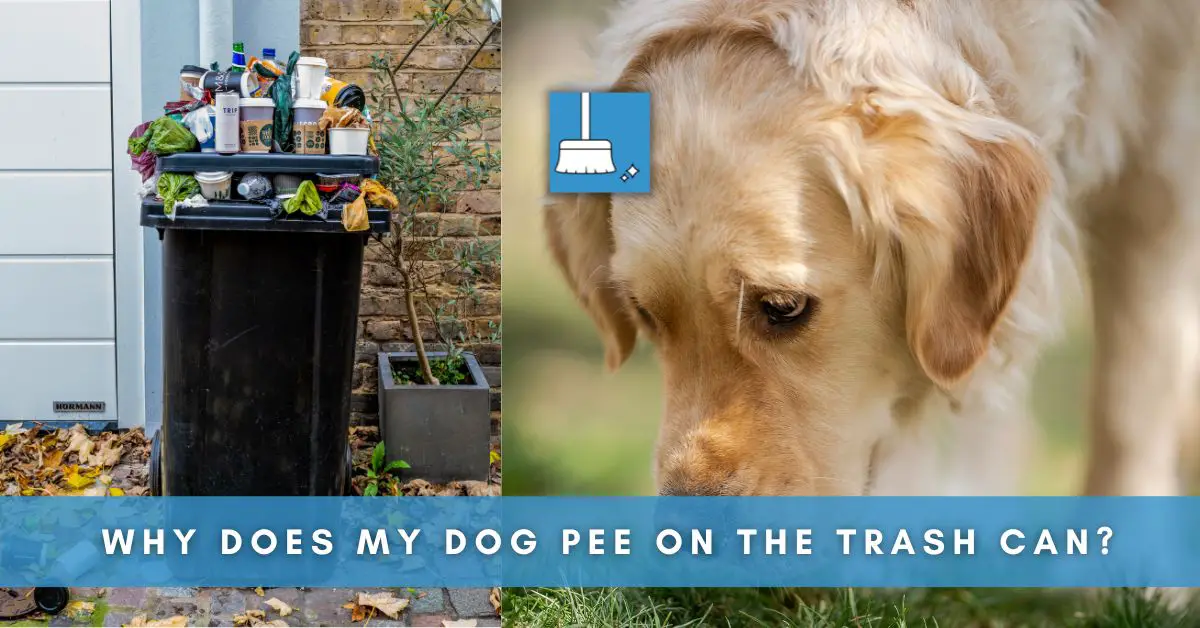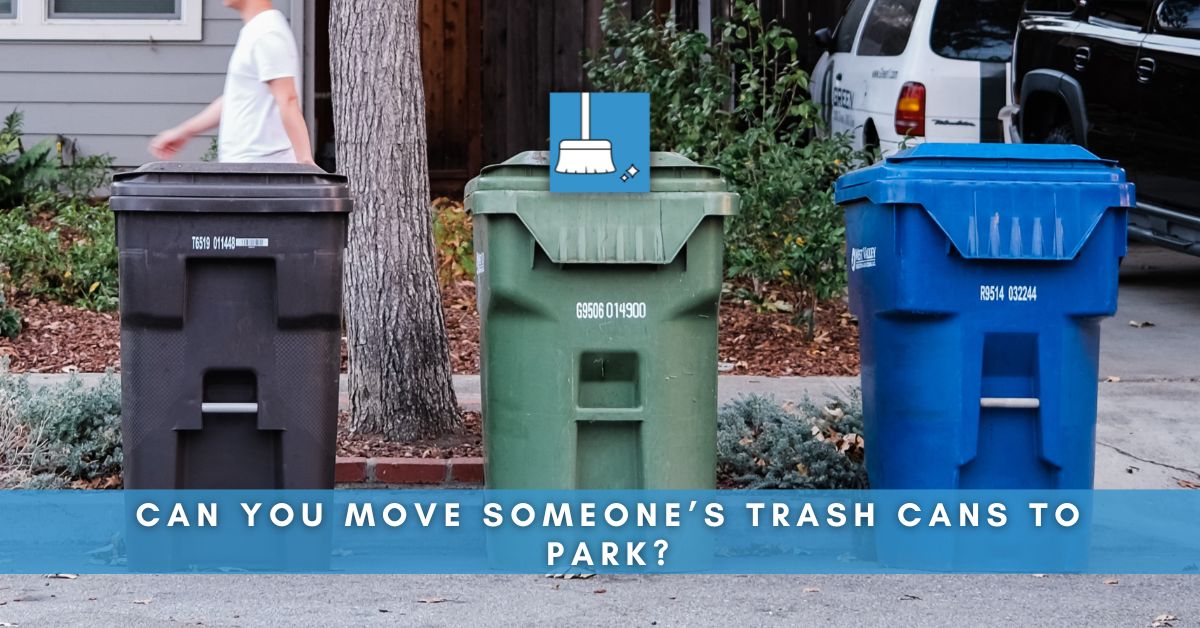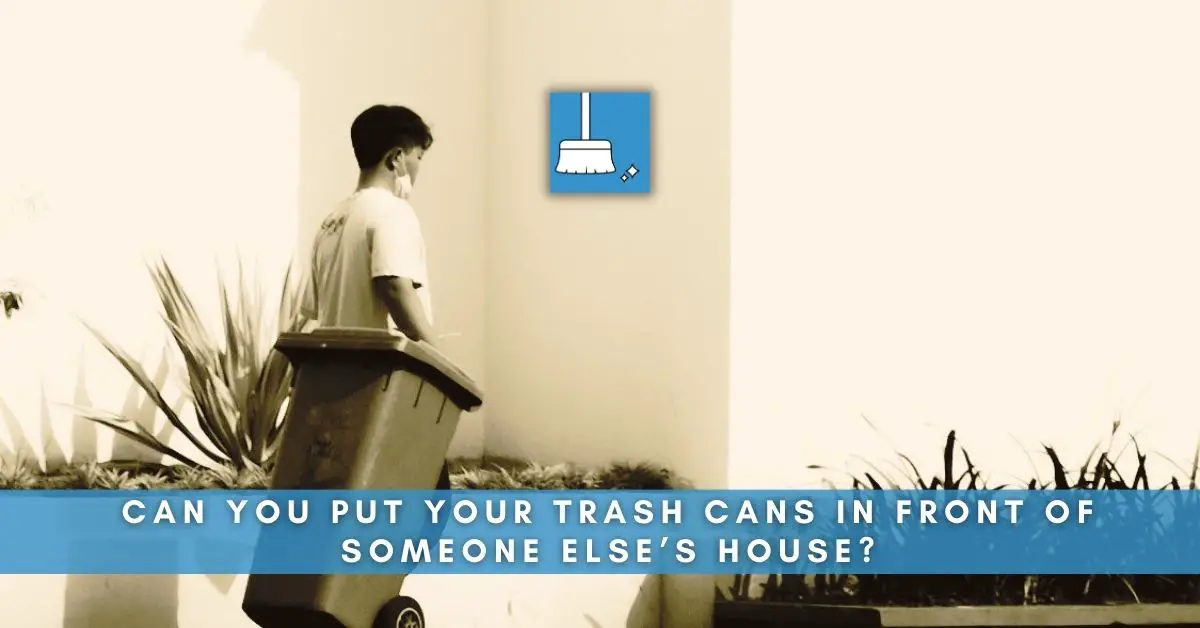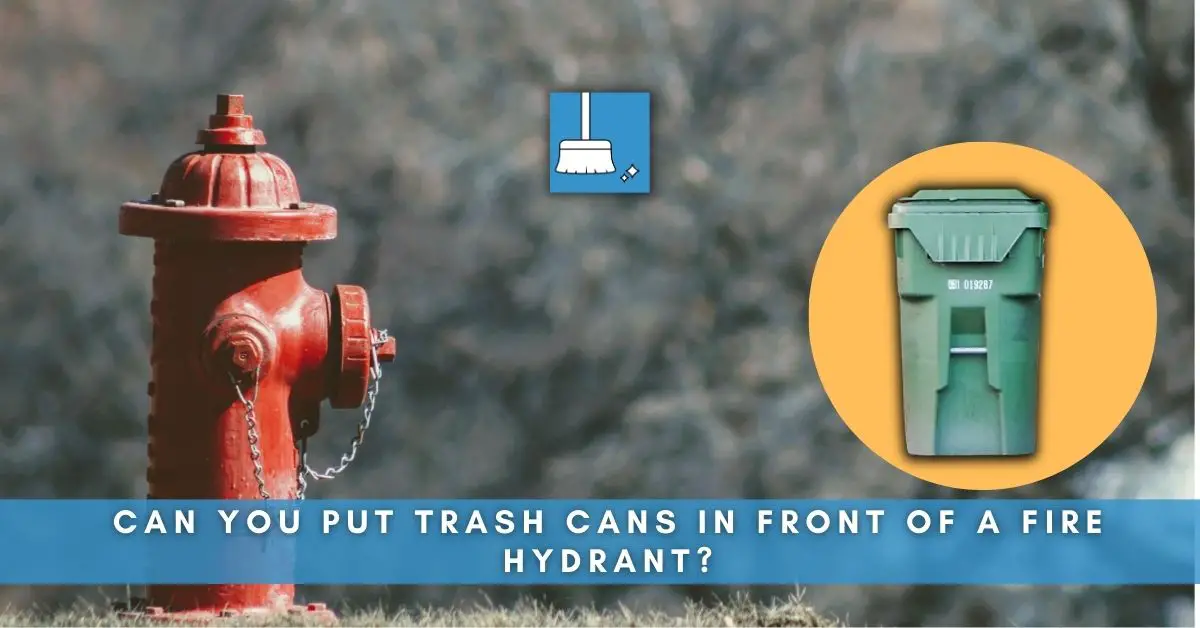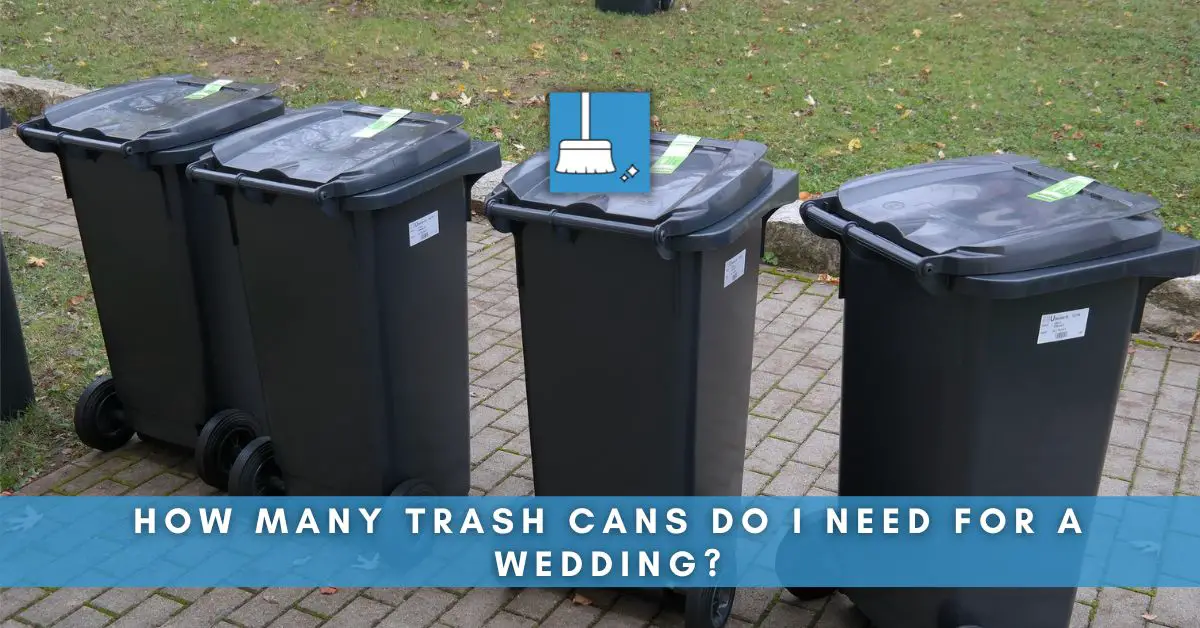As much as our canine companions enrich our lives, sometimes their behavior can leave us scratching our heads in confusion. Just imagine the bewilderment when your lovingly housetrained dog suddenly decides the trash can is the perfect target for their next bathroom break!
Understanding why dogs pee on trash cans
Dogs may start urinating on trash cans for various reasons, and understanding the underlying cause can help pet owners to address the issue more effectively.
One possible explanation is that the dog may not be properly potty trained, leading them to urinate in inappropriate areas, such as the trash can. In this case, working on their potty training can help resolve the issue.
Another reason why dogs might pee on trash cans is to mark their territory. If the trash can is not kept clean, the smell could draw the attention of your dog, who may feel the need to mark it as their own.
Some dogs may see urinating on the trash can as a fun game, which can be stopped by making the trash can less attractive to them.
This can be achieved by using a cover or applying a bitter-tasting spray to deter the dog from urinating on it. [1]
Potty training your dog
If your dog is urinating on the trash can as a way to mark their territory, a few changes can help deter this behavior.
Take your dog out to their potty area on a leash and reward them with praise and treats when they successfully urinate outside. This reinforcement will help them understand the correct place to eliminate.
Whenever you notice your dog sniffing or approaching the trash can, confidently lead them away using the leash. Provide a firm “no” or “leave it” command, and reward them when they obey.
Ensuring the trash can is always clean and placing a cover on it can prevent the dog from seeing or smelling the contents inside.
In case your dog is treating the trash can as a fun game, making it less appealing can be helpful. For instance, applying a bitter-tasting spray on the trash can discourage your dog from urinating on it. [2]
Deterrents for territorial marking
Here are three deterrents for territorial marking that you can try to stop your dog from peeing on your trash can:
1- Regularly washing and disinfecting the trash can remove enticing smells that might encourage marking. If possible, place a lid or cover over the trash can to prevent your dog from seeing or smelling its contents.
2- Spraying a bitter-tasting or strong-smelling spray on the exterior of the trash can may make it less appealing for your dog to urinate on it. Make sure to choose a pet-safe product and follow the manufacturer’s instructions for proper use.
3- In some cases, dogs mark their territory due to stress or anxiety. By providing mental stimulation through interactive toys, obedience training, and regular walks, you can help alleviate your dog’s stress and reduce the likelihood of territorial marking behaviors.
4- You can try relocating the trash can to a location where your dog has less access or cannot reach easily. This may discourage the habit, as your dog will have to put more effort into reaching it.
5- Distract your dog with alternative activities such as walks, playtime, or training exercises to keep their attention away from the trash can.
6- Changes in their surroundings or social dynamics might trigger marking behavior in dogs, including peeing on the trash can.
This could occur following a separation, the introduction of a new dog, or even the presence of another dog’s scent on a visitor in your home.
In these situations, establishing clear boundaries and reassuring your pet of their position in the household can help eliminate this undesirable behavior.
With a combination of these deterrents, proper training, and patience, you can successfully stop your dog from marking your trash can and keep your home smelling fresh and clean. [3]
Addressing medical conditions
If your dog has been house-trained all along and has only recently started showing uncleanliness, it could be a sign of a health problem such as a urinary tract infection.
Common symptoms of bladder diseases include frequent urination, pain during urination, and even blood in the urine.
In addition, certain kidney diseases can also cause a lack of cleanliness in your dog. It is important to watch out for other related symptoms and consult a veterinarian if you suspect that a medical condition is affecting your dog’s ability to control their bladder.
Lastly, remember that it is crucial not to resort to scolding or punishing your dog in response to their accidents.
Physical violence should never be used on animals, nor on humans. Instead, focus on understanding the underlying issue and offering positive reinforcement to correct your dog’s behavior. [4]
Eliminating pet odor in the home
A dog peeing in the house is never a pleasant experience. It can leave your home with a strong urine odor and create a potential health risk for family members, especially those with weakened immune systems, asthma, or allergies.
One effective way to eliminate pet odor is by using enzymatic cleaners. These biological compounds speed up chemical reactions, making them perfect for neutralizing urine odor.
In addition to using enzymatic cleaners, it is crucial to clean up your dog’s pee accidents as soon as they happen.
Place wet towel or an old rag over the urine, then apply the enzymatic cleaner on the area. After soaking the mess for a few minutes, remove the towels and pour water on the spot, directing it towards the center to prevent the urine stain from spreading further.
If your dog peed on a carpet, place something heavy on the towels to soak the urine better. Let it soak for about ten minutes. After applying the enzymatic cleaner, soak the area again and leave it overnight.
Lastly, remember to wash or dispose of any towels, rags, or paper towels used in the cleanup process to avoid leaving behind any lingering urine odor.
This will help ensure your home stays fresh and your dog doesn’t feel tempted to pee indoors again. [5]

